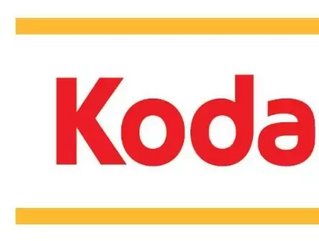Kodak to Stop Making Digital Cameras

Since Kodak has filed for bankrupt protection as of last month, the company has decided to stop producing some of its products for 2012. The most prominent production halt is the company's line of digital cameras, including the popular Kodak EasyShare.
Kodak said it was the “logical extension” of the company’s recent strategy to get the company back on track within the camera business.
The loss of the digital camera will counteract with the loss of “significant” jobs for tons of people employed at Kodak, especially in the Rochester-based branch.
Kodak has not disclosed the number of people employed within the company since the end of 2010, when it had 18,800 employees.
According to an article printed by USA Today: “While Kodak itself may no longer offer these products, Kodak-brand cameras may continue on the market, as Rochester-based Kodak said it would explore licensing its name to another company offering such gear.”
Kodak has been contemplating this move for some time, as its desire to focus on only profitable areas for its digital cameras will save the company $100 million annually.
Not to worry though - Kodak will continue with its desktop inkjet printer line, its online Kodak Gallery, retail store-based photo kiosks and labs and its camera film and photographic paper business.
Also, Kodak will continue to offer camera accessories and batteries. Consumers whom already have digital products can still retrieve technical support and service. Kodak said it plans to honor all of its customers.
- Carillion’s collapse: How the construction giant’s demise is affecting CanadaCorporate Finance
- American Airlines Files for BankruptcyCorporate Finance
- Blockbuster Canada to Close 140 StoresCorporate Finance
- New digital business models: Why 2018 is already the year of changeTechnology & AI






